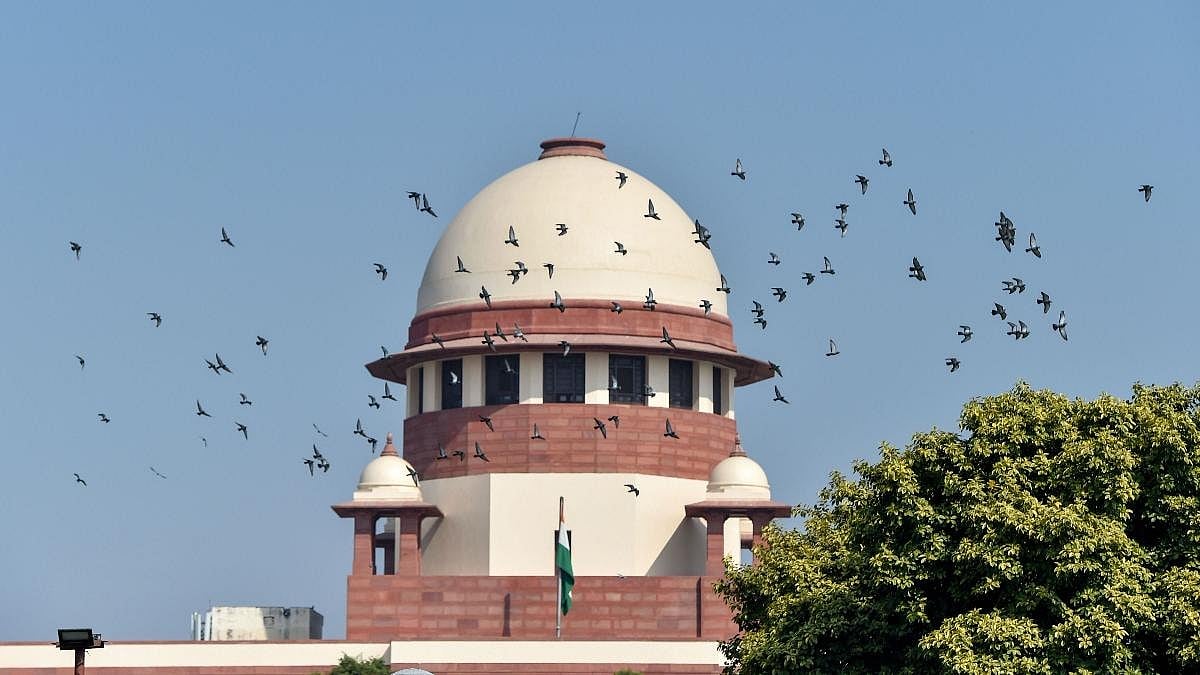What Is SIMI? All About India’s Most Controversial Outfit As Supreme Court Dismisses Plea To Ban Its Extension
A bench of Justices Vikram Nath and Sandeep Mehta dismissed the petition against a 2024 order of a judicial tribunal, which had confirmed the Centre’s decision to continue the ban on SIMI for another five years.

What Is SIMI? All About India’s Most Controversial Outfit As Supreme Court Dismisses Plea To Ban Its Extension | PTI
New Delhi: The Supreme Court on Monday (14 July) refused to entertain a plea challenging the extension of the ban on the Students Islamic Movement of India (SIMI), a group described by the Indian government as a militant Islamic outfit with links to terror organisations. A bench of Justices Vikram Nath and Sandeep Mehta dismissed the petition against a 2024 order of a judicial tribunal, which had confirmed the Centre’s decision to continue the ban on SIMI for another five years.
The judicial tribunal had been constituted under the Unlawful Activities (Prevention) Act (UAPA), following the Ministry of Home Affairs’ notification issued on 29 January 2024. This marked another chapter in the long and controversial history of SIMI, a group that has remained outlawed in India for over two decades.
What Is SIMI?
Founded on 25 April 1977 at Aligarh Muslim University, SIMI began as a student wing affiliated with the Jamaat-e-Islami Hind (JIH) before declaring itself independent in 1993. The organisation has since been accused by the Indian government of advocating a radical ideology and calling for the establishment of an Islamic state through jihad. It views secularism, democracy, and nationalism as incompatible with Islamic values.
Initially aimed at mobilising Muslim youth, SIMI gained notoriety for its growing militancy, particularly in the aftermath of communal riots in the 1980s and 1990s. The group’s activities came under the scanner after the 9/11 attacks, following which it was first banned in 2001 under the Atal Bihari Vajpayee government. Since then, the ban has been periodically renewed, citing SIMI’s alleged involvement in terror plots, communal violence, and links with Pakistan-based outfits such as the Indian Mujahideen.
While the Delhi High Court Tribunal had briefly lifted the ban in August 2008, the Supreme Court reinstated it the very next day, citing national security concerns. SIMI continues to be proscribed under the UAPA, with the latest tribunal in 2024 reaffirming the ban.
Allegations Against It
The government claims SIMI has remained active even while banned, operating through underground networks and front organisations. Its alleged involvement in multiple terror cases between 1998 and 2001, and its ideological commitment to establishing ‘Dar-ul-Islam’ in India, have formed the backbone of the Centre’s argument for extending the ban.
Though some of its early members have distanced themselves from the group, calling its direction “wrong,” SIMI continues to be flagged as a threat by security agencies.
RECENT STORIES
-
-
-
-
-